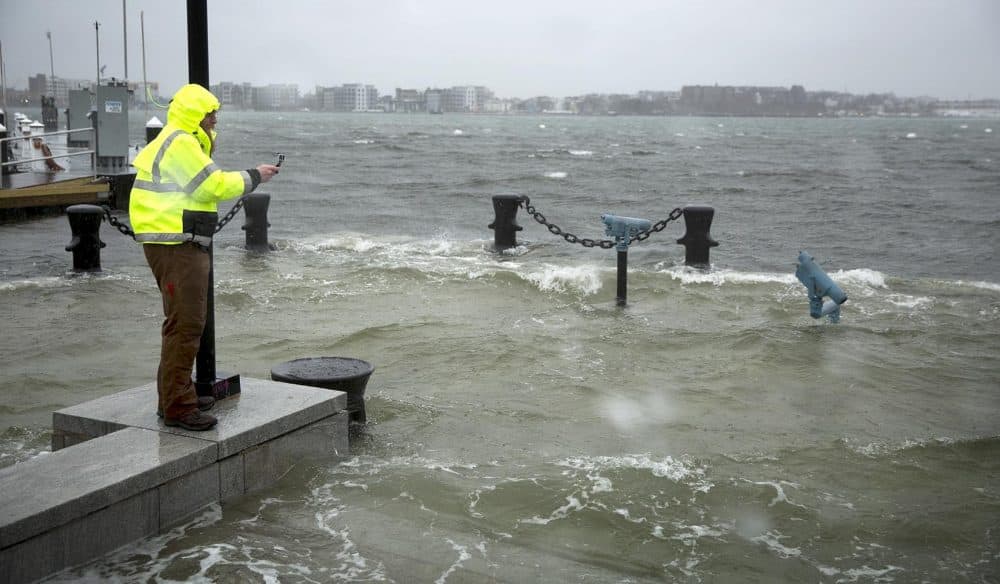Advertisement
Federal report predicts a foot of sea level rise by 2050, with higher levels in the Northeast

A new federal report predicts sea levels will rise about a foot by 2050, with larger increases on the East and Gulf coasts.
Scientists with the National Oceanic and Atmospheric Administration project sea levels are likely to rise as much in the next 30 years as they have in the past hundred.
"I can tell you with complete confidence that these are not the kinds of changes that we grew up with," said Nicole LeBoeuf, NOAA’s National Ocean Service Director. "Make no mistake — sea level rise is upon us."
NOAA says the report gives the most concrete sea level projections ever published for the U.S., using tide gauge data, satellite observations, and advances in computer modeling.
The Northeast is expected to see some of the biggest increases because of its shallow continental shelf — with upper-level predictions of over half a meter.
Higher tides and storm surges are likely to lead to more frequent coastal flooding. The report predicts the Northeast will see three to six days of moderate high tide flooding a year by 2050 — higher than the national average of four days.
Parts of Boston already see several high tide flooding events a year.
"The minor, nuisance-like flooding that's becoming a growing problem in many East and Gulf Coast communities ... is likely to become damaging flooding," said William Sweet, one of the report's authors. "That extra foot on average around the country is just going to reach further inland and grow deeper and more severe."
Research from UMass Boston's Sustainable Solutions Lab shows the effects of climate change are likely to have disproportionate impacts on already vulnerable communities, and worsen existing inequalities.
"They're less likely to have flood insurance, or be able to navigate government systems to apply for aid after a disaster," said Rebecca Herst, who directs the UMass lab. "Folks are less likely to be able to relocate or even move as property values go down if there's more and more flooding."
Advertisement
Herst said the study should be a wake-up call for policymakers to start putting adaption plans in place now — and double down on commitments to reduce emissions.
The report predicts that failing to curb future emissions could cause seas to rise a total of 3.5 to 7 feet by the end of the century.
